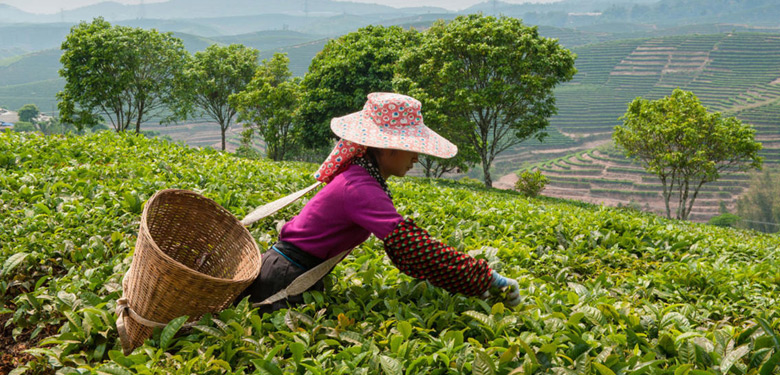
Responsible Agribusiness Roundtable on inclusive, gender smart agribusiness in Phnom Penh
Yesterday, together with Khmer Organic Cooperative and Oxfam in Cambodia, CSR Asia organized the second session of the Responsible Agribusiness Roundtable series in Phnom Penh. Participants from over 10 companies and organizations discussed opportunities for local agribusiness to engage with smallholder farmers and adopt inclusive and gender transformative business models. The findings of two joint CSR Asia and Oxfam reports framed the roundtable agenda:
- Agribusiness and the SDGs: How the Agribusiness Sector in ASEAN can Embrace the Sustainable Development Goals
- Agribusiness in ASEAN: Making the Case for Smallholder Inclusion
Roundtable participants shared their current business models, identified opportunities for partnerships, mapped out next steps, set objectives and targets, and developed mechanisms to track progress. The discussion focused the unique position of the agribusiness sector to make an industry-wide contribution to the Sustainable Development Goals (SDGs), while prioritizing and addressing challenges with smallholder farmer inclusion and gender transformative business practices. All of which will only become possible by creating collaborative, long-term, multi-stakeholder partnerships between government, the private sector and agricultural communities.
Figure 1 is extracted from the roundtable presentation, showing linkages between Cambodia’s National Objectives and the SDGs, and why they matter for agribusinesses.

Figure 1: The SDGs – Agribusiness and Cambodia’s National Objectives
The roundtable participants learned that empowering women throughout their value chains can spark a progressive and transformational change within the industry. This change in perspective of how they understand gender, the recognition of the opportunities, value and influence that women hold within the agricultural industry, either as producers, processors, employees, board members or consumers, will benefit the industry in a variety of ways.
A clear theme from the discussions emerged on the need to better empower women and boost their confidence to accept and apply for higher positions and wages. Participants also shared experiences and challenges on local Cambodian issues such as offering equal pay met with male employee criticism, reliability and trust imbalances between male and female employees and their employers, and valid concerns about nationally and culturally discriminatory hiring practices.
Representing 50% of Asia’s agricultural labour force, women are consistently under-served in inputs, training, and finance with which could increase their productivity. While playing a crucial role within the smallholder system, they represent an ‘invisible’ labour force burdened by inflexible working hours and gender bias, and hold a disproportionate responsibility for unpaid care-work, such as child-care, caring for elders, laundry, cooking and others.
Figure 2 below depicts the ‘gender ladder’ and indicates the common hierarchy of gender related mindsets in society and business. Many companies in Asia found out they are ‘gender blind’ and although there are instances where companies can create a positive impact for women, it is often achieved unintentionally.
The potential return on investment for agribusinesses that prioritise gender equity and smallholder inclusion is immense. If gender equality is really a priority, then the sector should look beyond providing opportunities but tackle issues of agency, control and decision-making head on. The sector could improve opportunities for women by enabling them to become more productive and competitive decision makers who participate in trade, and contribute to local development.1

Figure 2: Gender Ladder
By increasing the involvement of women along major agricultural value chains, companies can take advantage of the opportunity to overcome constraints that hinder women’s economic empowerment, which is about transforming unequal power relations as well as the structures and norms (both visible and invisible) that uphold them.2 As opposed to gender responsive approaches, which address the need but not the cause of the need, changing the underlying causes of inequality can assist in reducing it. Modern businesses must address the key challenges to instilling a gender transformative approach within their operations and continually pull away from gender blind management and attitudes.
After the roundtable, participants felt more confident in their ability to help their organization adopt responsible business practices that recognise and better support smallholders across value chains and implement gender smart programmes.
The third and final session of the Responsible Agribusiness Roundtable Series will be held in Ho Chi Minh City on March 12th. Click HERE to learn more and reserve a seat for this exclusive event!
Recommended reading: